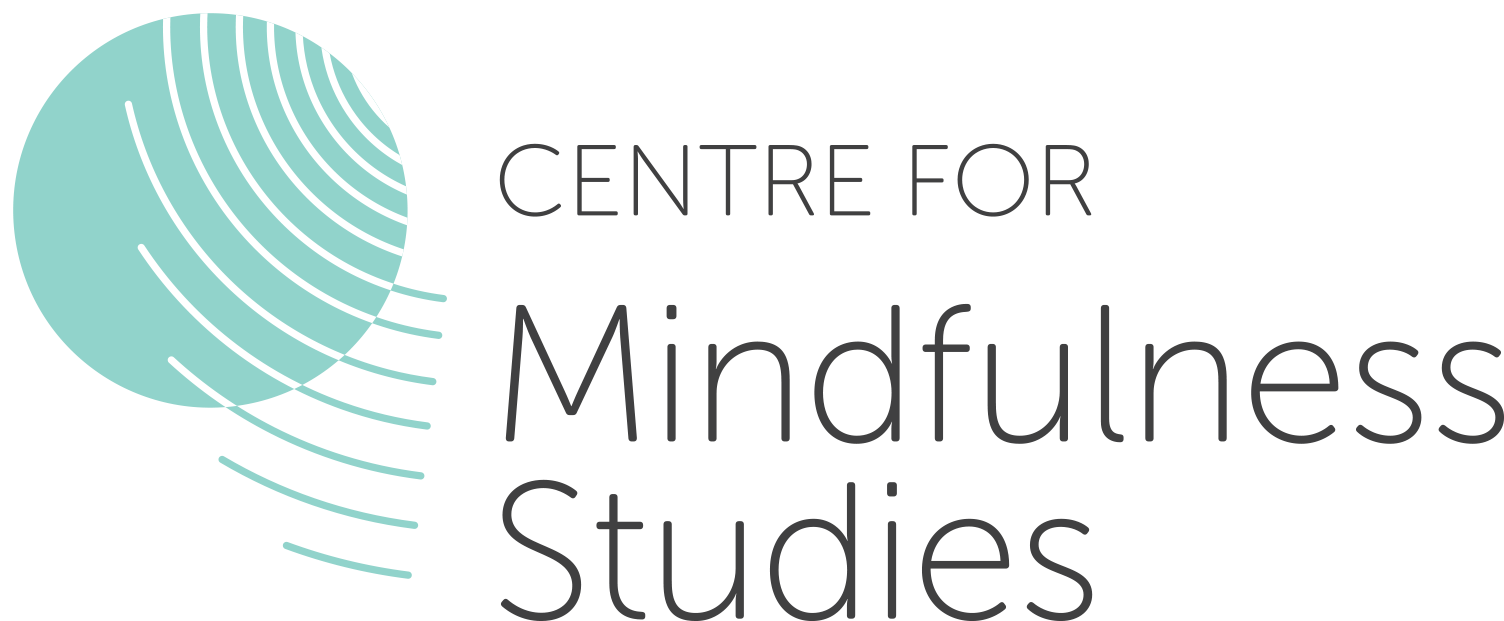Make the Most of the Holidays
This is a special guest post from our Facilitator Amy Hurley Psy.D. C. Psych. You can view her upcoming professional development course- Self-compassion in clinical practice, starting Jan. 30.
The Holiday Season is officially in play. Stores have been stocked with red and green goodies for weeks, Toronto has seen it’s first snowfall and the sounds of the season can be heard near and far. At this time of year our eyes, ears and tastebuds are filled with rituals associated with the winter holidays. Whether we love them, hate them, or are somewhere in between, the festivities can bring out the best and worst in us. This month presents an opportunity to become more aware of our holidays spirits and to consciously make decisions that support the happiest and healthiest versions of ourselves.
There is nothing like tradition, family and childhood memories to put us into automatic pilot mode. “Automatic pilot” is the trance we enter when we are so accustomed to a particular set of circumstances or behaviours that we act without even thinking. It’s the rhythm we enter when we drive home without thinking about where we are going, or finish a meal before really registering that we’re eating. We are more likely to be in automatic pilot when we’re stressed, tired, busy, distracted or (ahem) under the influence.
During the holidays, in particular, we may have a sort of “automatic mode” in terms of the way we react to the holidays. Some of us are veritable scrooges, becoming angered at the expectations for giving and clinging to our routines above enjoyment of the festivities. Others are practically martyrs, giving endlessly to support those in need. Some of us are peacemakers, bringing family and friends together, and others like to stir the pot wherever a crowd might gather.
There really is no “right” or “wrong” way to be (over the holidays or otherwise). Each attitude and behaviour set has it’s assets and challenges. For example, the withholding curmudgeon might be far less stressed after the holidays (having minimal bills to pay off and having maintained a sense of order), while some do-gooders may be exhausted as they resent how depleted their resources are.
What is most important about our holiday spirits is not exactly what they are, but how consciously they are chosen and experienced. You might take a moment to reflect on holidays past and consider how you have approached them. What were the benefits? Were there any drawbacks? Did you enjoy the holidays? How did you feel after the holidays?
Although retrospective memory can be blurry, it’s helpful to use our past behaviour to learn and help us shape future behaviour. After considering Christmas’ of yore, are there any changes you would like to make?
It’s helpful to remember that habits are hard to alter and that it may be easiest to start from where we are. For example, rather than aiming to overhaul your personality entirely (scrooges rarely become saints, except for in the movies) you might aim to make small adjustments towards an experience which feels balanced and sustainable. If, at any point, you find yourself playing out old roles, it helps to take a breath, notice how easy it is to fall back into old routines, and remember the intentions you set to make the most of your holidays.
Cheers to you and yours!



